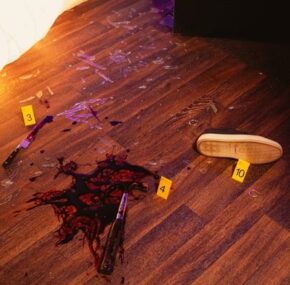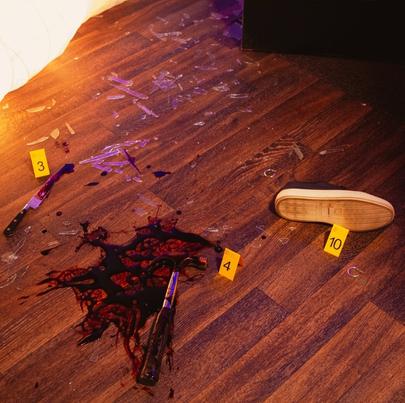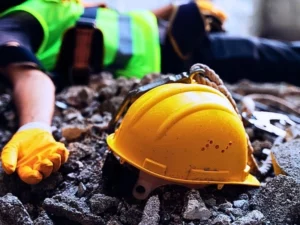A fatal shooting of a security guard made national news in 2009 when a gunman killed a guard at his post at the entrance of the U.S. Holocaust Museum. The Associated Press reported that the 39-year-old victim had worked at the museum for six years. According to the Bureau of Justice Statistics, security guards suffer the highest rate of death by homicide in Illinois and around the country. In 2007, the rate was twice that of all workers. A Chicago workers compensation attorney would be aware that while 80 percent of workplace homicides are shootings, victims die by other means as well.

Dangerous occupation
Security guards are responsible for monitoring and patrolling properties and the human activity that occurs on it. They are employed to deter theft, general rule-breaking and potential violence, and to alert law enforcement in the event of criminal activity. Sometimes guards work in busy environments, such as at a retail mall. Often, however, they are entrusted with the safekeeping of manufacturing facilities, warehouses and laboratories overnight. The BJS lists the following examples of ways in which security guards were killed between 2003 and 2009:
- Shot in the parking lot of a bar
- Stabbed while confronting a customer about bothering another patron
- Shot while intercepting a robbery
- Beaten in a parking lot by robbers
- Hit by a vehicle and dragged by an alleged shoplifter
- Shot with own gun, stolen by a suspect
The report states that 47 percent of security guards killed in the workplace were slain by a customer or client, while 33 percent of the assailants were robbers.
Necessary work
The U.S. Department of Justice puts the number of security guard working in the U.S. at 1 million. The report by the BLS states that 24.4 percent of victims were between 25 and 34 years of age. Another 20.5 of workplace fatal injuries occurred in people between the ages of 55 and 64. The latter group contains a significant amount of retired law enforcement officers, who may take work in security as a way to use their skills in what may be perceived as a lower-risk job. Unfortunately, as a Chicago workers compensation attorney would know, the lonely nature of the properties and the late night shifts leave even experienced guards vulnerable to violence and death
Seek professional advice
According to the Census of Fatal Occupational Injuries, the Holocaust Museum guard was one of 63 security professionals reported to have died in the line of duty in the U.S. in 2009. If a loved one was killed or injured while working as a security guard, a Chicago workers compensation attorney may be able to help you get compensation for your loss.







